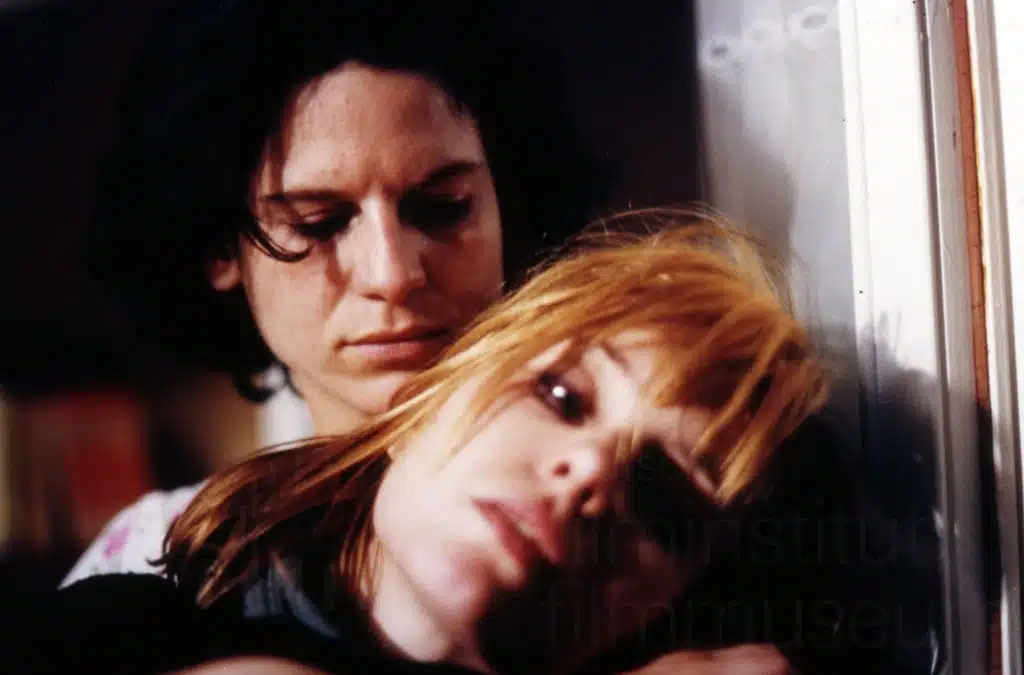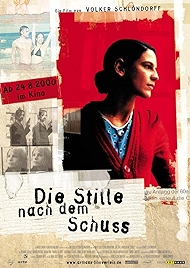When Germany reunified after the fall of the Berlin Wall it wasn’t so much a merger as a hostile takeover – the Federal Republic swallowed the German Democratic Republic whole and set about digesting it.
One way of doing things had lost and the other had won. You might have expected a certain amount of crowing from the winning side. And there probably was some, but overall the notable thing about post-unification Germany has been the lack of it. Again and again, if it’s made in Germany for German consumption, there’s an eagerness to demonstrate – to insist, almost – that the GDR wasn’t all bad. In fact, the new consensus seems to go, some aspects of the other system were laudable. Not the Stasi, obviously, but the sense of communal endeavour, the refreshingly simplicity of life, the orderliness of a functioning system. In movies, see Goodbye Lenin, The Lives of Others, Christian Petzold’s Barbara or the excellent TV series Weissensee, and the approach even spilled over into the Netflix series Deutschland (83, 86 and 89), which most definitely wasn’t just made for home consumption.
The Legend of Rita (Die Stille nach dem Schuss in the original German) is a prime case. A film made in reunified Germany in 2000 but set mostly in the Democratic Republic (ie Communist East Germany) in the 1970s and 80s, it bends over backwards to be fair-minded about the situation there. There is a “verdict” on whether the GDR was or wasn’t a failure, was doomed from the start, and was always going to turn out to be second best in the race against the Federal Republic (ie Capitalist West Germany), but it’s delivered obliquely, through the inability or failure of its key character, Rita (Bibiana Beglau), to see clearly what’s going on around her.
It’s the 1970s and West German Rita arrives in East Germany as part of a Red Army Faction (RAF) group wanted for terrorist acts in the West. Soon, she is being supported, trained and sent on small missions to warzones like Beirut by the GDR’s secret police, the Stasi, who see the RAF as fellow fighters in the war against capitalism, even though officially the East German government has signed up to international anti-terrorist treaties.
A change in the political weather means that this all suddenly comes to a halt. Rita is given a new identity and inserted into everyday East German life as a member of the valiant proletariat, working first at a factory under a new identity, then moving on when that cover is blown. She becomes a normal member of society rather than a celebrity radical.
The screenplay is by Wolfgang Kohlhaase, an interesting choice since he was one of the leading screenwriters of the GDR. He takes potentially incendiary material and turns it into something less ideologically charged. Though The Legend of Rita is based on the true story of an RAF group sheltered in the GDR, and of RAF member Inge Viett in particular, it plays out as the story of a normal woman just getting on with her life.
This is no polemic. No political tract. Rita falls in love, with a young woman, Tatjana (Nadja Uhl), then has to abandon her. And falls again, with Jochen (Alexander Beyer), a hunky lifeguard she meets while working at a children’s summer camp on the Baltic. The East, Kohlhaase seems to be saying, is just like the West, a bit less rich and a bit more surveilled, maybe, but in the main life goes on. The big things – love and death – remain the big things.
And yet. Discontent quietly seethes around Rita. Director Volker Schlöndorff repeatedly turns our attention to little telltales – at a works disco everyone dances to Live Is Life, the big Euro hit by the Austrian band Opus. On the TV there’s a man singing a British sea shanty. In The Legend of Rita a sausage cannot be eaten or a beer drunk without someone commenting that it’s just as good if not better than the West German equivalent. Everyone plods on with everyday life but silently everyone wants out. Everyone except Rita.
Having directed 1975’s The Lost Honour of Katharina Blum and 1979’s The Tin Drum, Schlöndorff clearly knows how to make a 1970s movie, and brings that expertise into play here with a film that looks and feels like the real thing. Bibiana Beglau has a much harder job, presenting Rita as a complete person and yet one who is either wilfully blind or involved in massive self-denial – the young woman who was play-acting at being a glamorous terrorist committed to radicalism but who got caught out when the wind changed. Truly fascinating but very understated, a film more about what isn’t being said than what is.
The Legend of Rita – Watch it/buy it at Amazon
I am an Amazon affiliate
© Steve Morrissey 2023


